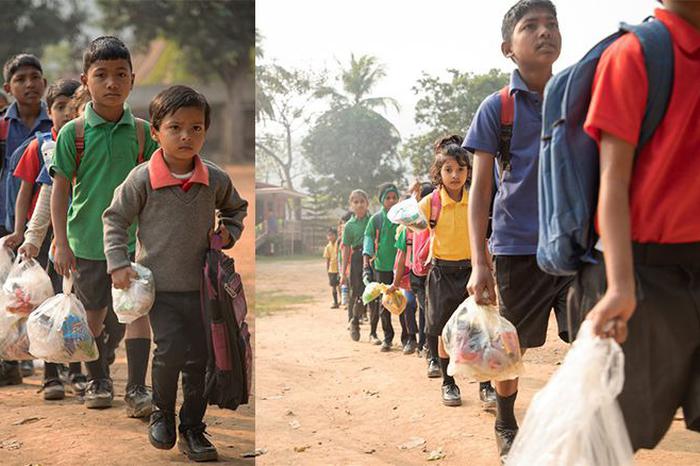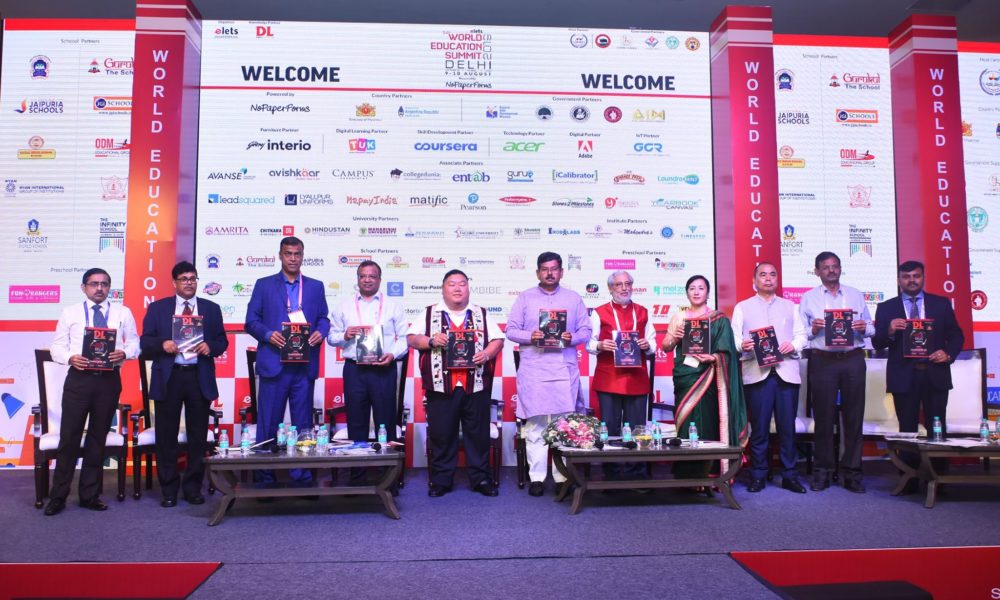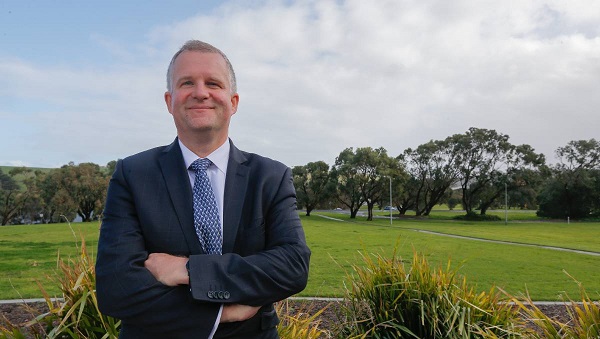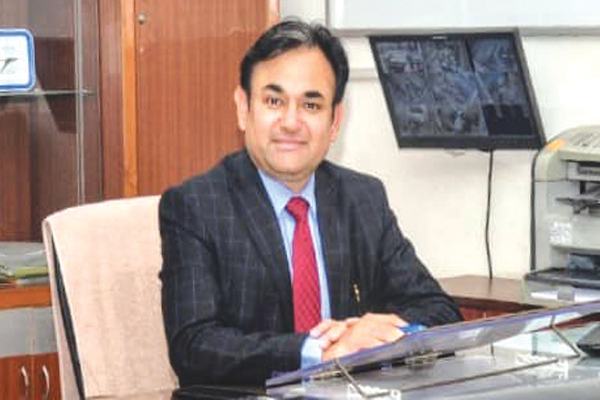Assam Higher Secondary Education Council is the apex body for prescribing curricula (scheme of studies), syllabus and courses of instruction for higher secondary stage which may be in a college/higher secondary school, says Kamal Gogoi, Secretary, Assam Higher Secondary Education Council, in an interview with Elets News Network (ENN).
What new initiatives have been undertaken by the Assam Higher Secondary Education Council to make higher education easily accessible to all in the state?
The Assam Higher Secondary Education Council is the apex body to regulate, supervise and develop the + 2 education (Sr Secondary/Higher Secondary) in the State. Assam is the land of multicultural and multilingual communities with people having diversified needs as per their geographical and economical existence. In such a State, through various initiatives listed below, the council is trying to make the education accessible to all:
• Recognising the institutions from every corner of the state
• Introducing need based subjects
• Information are shared through website so that everyone can assess easily
• Arranging teacher training program in each and every corner of the state, so that all the teachers can be trained properly
• Introduction of Online submission of Registration and Examination Form
Globally many universities/institutes are following innovative practices to improve teaching-learning process. What are the board’s plans to bring the education ecosystem at par with the world?
“As leaders in education, our job is not to control those whom we serve, but to unleash their talent. If innovation is going to be a priority in education, we need to create a culture where trust is the norm,” said George Couros — A leading Canadian educator in areas of innovative leadership, teaching, and learning.
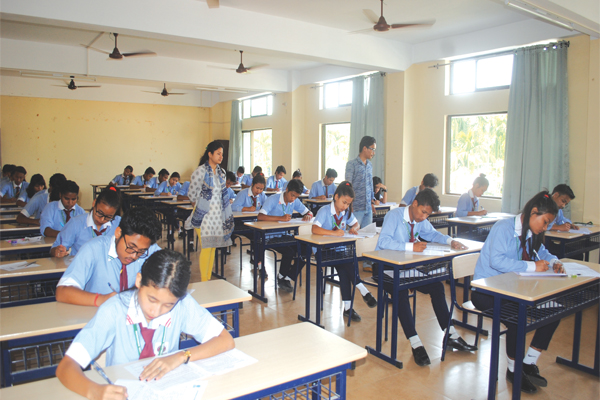 To bring the education ecosystem at par with the world, the Assam Higher Secondary Education Council has introduced technology-based elective subjects such as Entrepreneurship Development, Multimedia and Web Technology, Retail Trade, IT/ ITes, and a number of need-based Vocational Subjects.
To bring the education ecosystem at par with the world, the Assam Higher Secondary Education Council has introduced technology-based elective subjects such as Entrepreneurship Development, Multimedia and Web Technology, Retail Trade, IT/ ITes, and a number of need-based Vocational Subjects.
It is difficult for students to understand various concepts due to disconnected facts. Organised information connected with concepts and with tools to visualise the same lead to long- term understanding of what is being taught. Realising the fact, digital classrooms have been introduced initially in some of the institutions out of 1432 recognized by Assam Higher Secondary Education Council.
How does the New Education policy likely to help Assam in transforming the education sector?
The National Education Policy 2019 is built on the foundational pillars of “Access, Equity, Affordability and Accountability”.
For Assam, a major reconfiguration of curricular and pedagogical structure is proposed in school education with Early Childhood Care and Education (ECCE) as an integral part it. With the proposed structure of 5+3+3+4 curricular and pedagogical structure based on cognitive and socio emotional developmental stages, the schools will be re-organised into school complexes. The Curriculum load of the learners will be also reduced.
The burden of curriculum will also be reduced in terms of examination by transforming it into semester system. Students will get the opportunity to go for deeper understanding that will help them to become more competent. The New Education Policy also aimed to promote active pedagogy that will focus on the development of core capacities, life skills, and 21st century skills.
There is a huge educational gap between rural and an urban area of India, what role does Assam Higher Secondary Education Council is playing to bridge it?
To minimise the gap between the education scenario of rural and urban areas, the Assam Higher Secondary Education Council has organised zonal-level training programmes on teaching pedagogy, different competitions, and tournaments etc. Students and teachers irrespective of either they belong to rural or urban areas are allowed to join it.
The selection of teachers has been done with utmost care so that they are selected in equal proportion from urban as well as rural areas. The objective is to develop the homogeneous academic atmosphere across the State. The Assam Higher Secondary Education Council feels proud to announce that the Higher Secondary Schools and Junior Colleges from rural areas also exhibited excellence in final examination with 100% of passing rate.
How does the recently announced budget likely to boost the State’s higher education landscape?
At present the Government of Assam has exempted students from paying admission fee, examination fee of Class X and Class XII. Also the Government is providing free textbooks to the students of Class X and XII. This year budgeted amount seems to be meager than the previous years. It will depend upon utilisation of the last year’s budgeted amount by the State Government.
How do you think technology is helping students in improving their learning outcomes and teachers in their knowledge delivery methodology?
The 21st century is the era of technology. To make the teaching-learning process effective, integration of technology in and outside the classroom is inevitable. Though there is also a fear that the technology would eventually replace the teachers, but the more prevalent view now is that it is a tool which can be applied to enhance conventional teaching rather than replace it.
The use of technology helps in
• Enhancing the literacy rate
• Restructuring teaching methods keeping in view the objective of learning
• Teachers in showcasing the content distinctly and students can develop skills essential for the 21st century.
Online courses, teaching aids, different educational softwares, social networking tools, and other emerging technologies help the teachers as well as students to become more competent. Open Educational Resources [OER] help teachers as well as learners to become competent.






